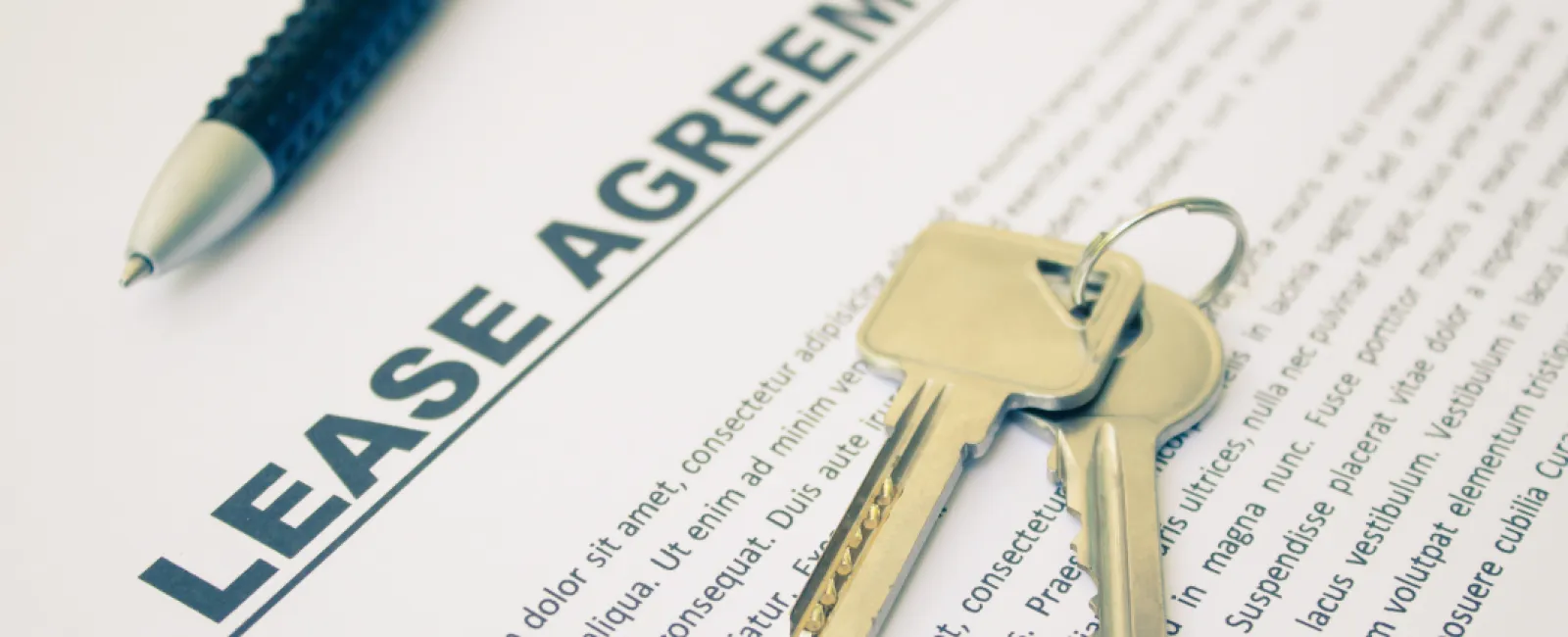Navigating the complexities of a commercial lease agreement can be daunting, especially for first-time business owners. A well-structured lease is crucial for the success and stability of your business, ensuring that you have a clear understanding of your rights and obligations. Here's a guide to help you understand the key terms and provide some tips to negotiate a favorable lease agreement.
Key Terms in Commercial Lease Agreements
The lease term defines the duration of the lease agreement. Opt for a lease term that aligns with your business plan. A shorter lease offers flexibility, while a longer term can provide stability and potentially lock in favorable terms.
Rent and rent escalation refer to the amount you'll pay monthly or annually to occupy the space, including any scheduled increases over time. Negotiate rent increases to be gradual and tied to specific indices, such as the Consumer Price Index (CPI), to manage future costs.
Common Area Maintenance (CAM) fees are additional charges for the maintenance of shared spaces in a multi-tenant property. Request detailed breakdowns of CAM fees and seek caps on these costs to avoid unexpected expenses.
The security deposit is an amount paid upfront to cover any potential damages or breaches of the lease. Clarify the conditions for the return of your security deposit and ensure the amount is reasonable.
The use clause specifies the permitted uses of the leased premises. Ensure the use clause is broad enough to accommodate any potential expansions or changes in your business operations.
An exclusive use clause prevents the landlord from leasing other spaces in the property to direct competitors. Negotiate an exclusive use clause to protect your business from nearby competition within the same property.
Alterations and improvements cover the rules and responsibilities regarding any modifications you wish to make to the leased space. Ensure you have the right to make necessary alterations and understand who owns the improvements after the lease ends.
Assignment and subletting outline the conditions under which you can transfer the lease to another party. Negotiate for flexibility to sublease or assign the lease if your business needs change.
Maintenance and repairs detail who is responsible for maintaining and repairing the property. Clarify your responsibilities versus those of the landlord to avoid unexpected maintenance costs.
The termination clause specifies the conditions under which the lease can be terminated before its expiration date. Negotiate favorable early termination rights and understand the penalties involved.
Tips for Negotiating a Commercial Lease
Do your homework by researching market rates and comparable leases in the area to ensure you're getting a fair deal. Consider working with a real estate attorney or broker who specializes in commercial leases to guide you through the process. Don't accept the first offer—negotiate rent, lease terms, and other conditions to better suit your business needs. Carefully review all clauses and ask for clarification on anything that's unclear. Ensure the lease terms accommodate your business growth and potential changes in operations. Verbal agreements are not legally binding, so make sure all negotiated terms are included in the final lease document.
Understanding the key terms of a commercial lease agreement and following these tips can help you secure a lease that supports your business's success and growth. Take the time to thoroughly review and negotiate your lease to ensure it aligns with your business goals and provides the flexibility you need.


